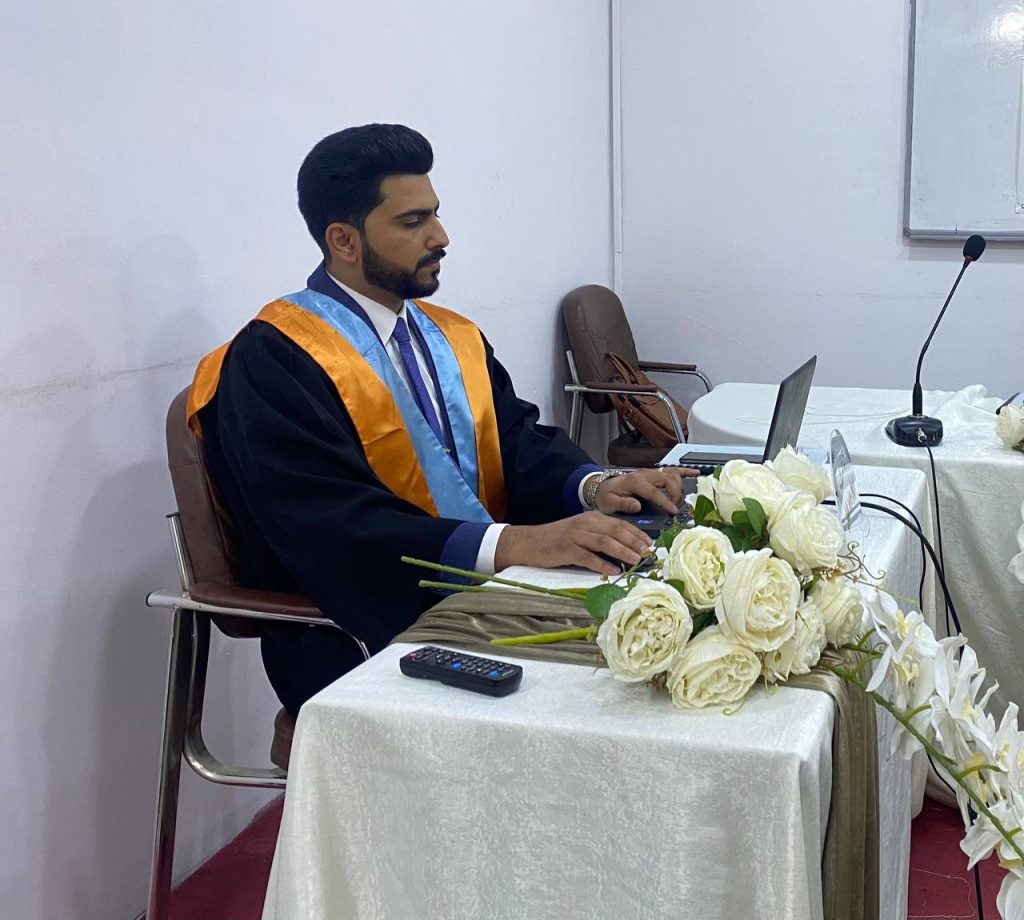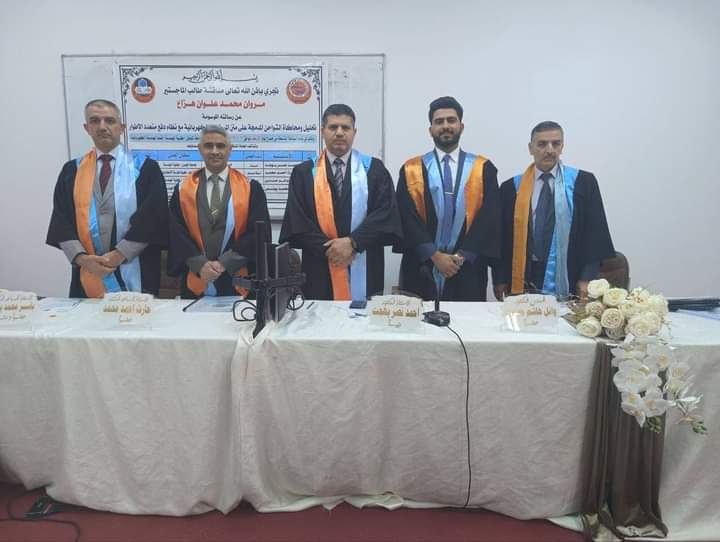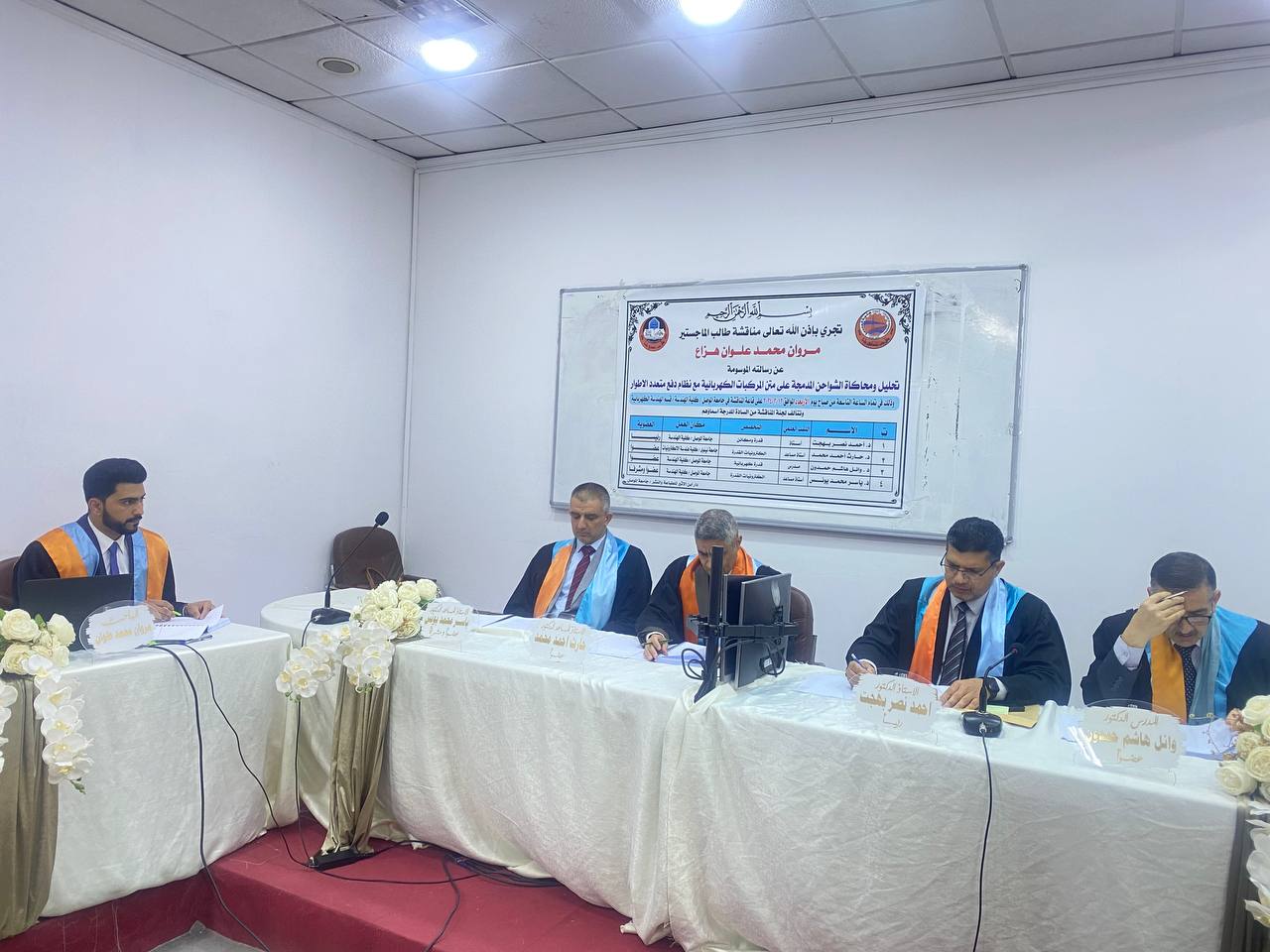The thesis focused on the analysis and simulation of integrated chargers in electric vehicles with a multi-mode propulsion system.
The student, Marwan Mohammed Alwan, aimed to model and simulate an Integrated On-Board Charger (IOBC) comprising a five-phase electric motor with power inverters and control circuits, utilizing Matlab/Simulink for various operational modes including propulsion and charging. The research included the analysis and simulation of a five-phase induction motor propulsion system with speed control using Field-Oriented Control (FOC). Two different control methods, Proportional-Integral (PI) controller and Backstepping controller, were employed.
The second part of the study focused on the integrated charger for the electric vehicle, utilizing a power inverter with five static relays for the drive system, acting as an ac-dc power converter and a filter to pass electric currents from the three-phase grid to the direct voltage link. The charging process, involving a 360V, 17.3kWh battery, was analyzed, modeled, and simulated using MATLAB/Simulink. The two-stage charging process included converting three-phase AC voltage to constant DC voltage in the first stage, controlled by PI or Backstepping controllers regulating current flow through the motor windings in the d,q plane based on the Voltage-Oriented Control (VOC) method.
Results indicated that in the propulsion system, Backstepping controllers outperformed PI controllers in tracking flux values without magnetic saturation in the machine. In the charging phase, Backstepping controllers demonstrated better dynamic performance, faster tracking speed, reduced static error, and a 5% decrease in harmonic distortion compared to using PI controllers. The defense committee was chaired by Professor Ahmed Nasr Bahjat, with membership from Assistant Professor Harith Ahmed Mohammed from the University of Nineveh and Dr. Wael Hashim Hamdoun, under the supervision and membership of Assistant Professor Yasser Mohammed Younis.



